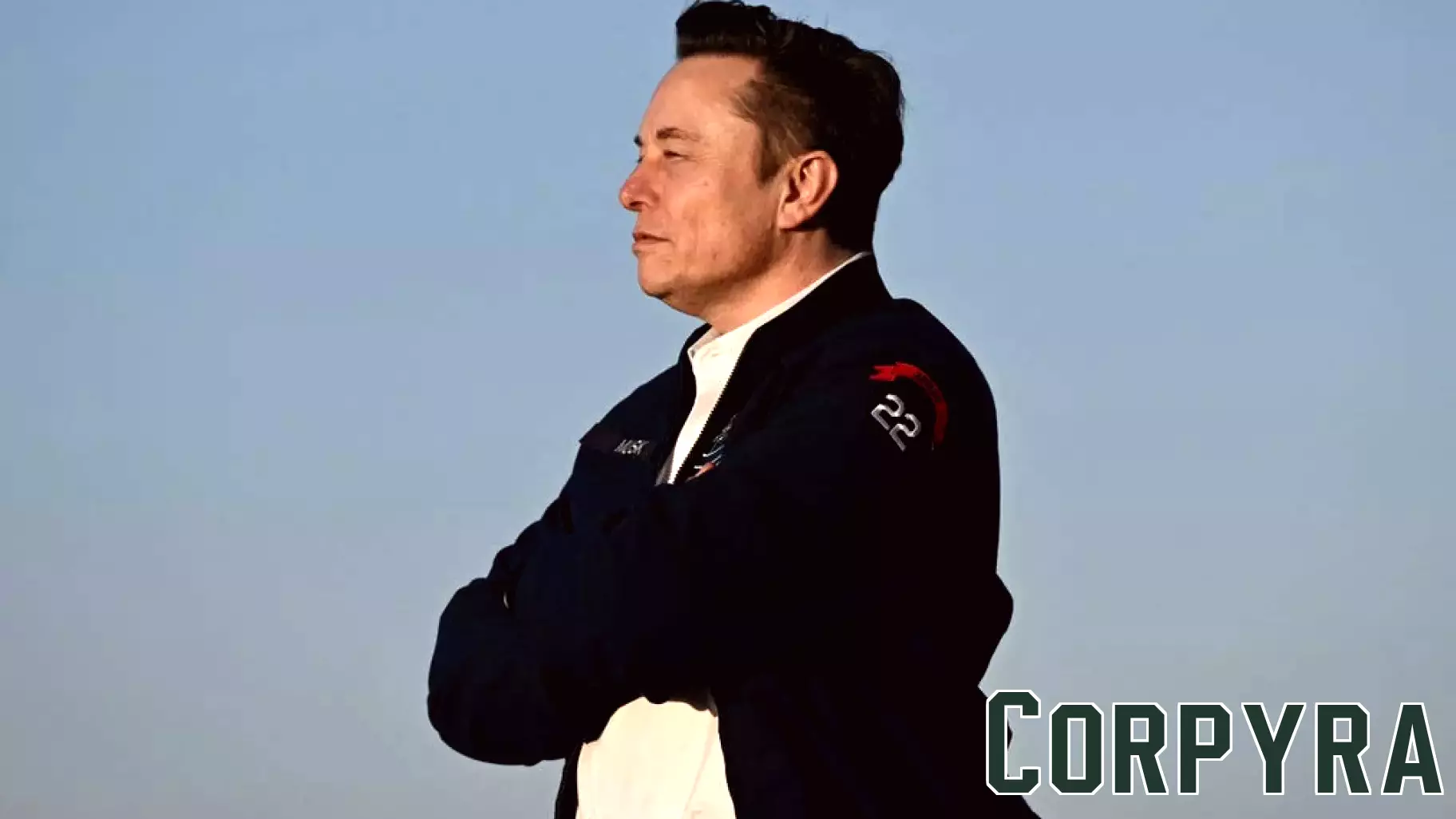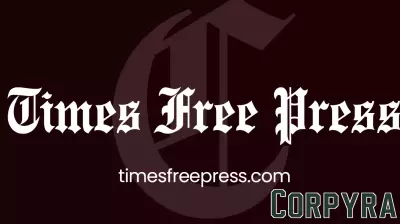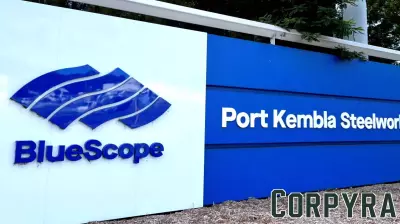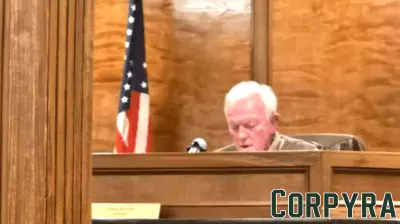Wisconsin Court Upholds Elon Musk's Voter Payment Initiative
March 31, 2025 - 09:49

In a significant legal development, the Wisconsin Supreme Court has opted not to review a case that challenged Elon Musk's initiative to distribute $1 million in payments to voters. This decision follows a previous ruling by the Wisconsin Court of Appeals, which dismissed a request from Attorney General Josh Kaul aimed at halting Musk's voter payment scheme.
The controversy surrounding these payments centers on their potential impact on voter behavior and election integrity. Critics argue that such financial incentives could undermine the democratic process by influencing how individuals engage with the electoral system. Proponents, however, contend that the payments are a legitimate effort to encourage voter participation and enhance civic engagement.
The court's refusal to hear the case leaves the appellate court's ruling in place, allowing Musk's initiative to proceed. This outcome has sparked a debate about the ethics of financial incentives in politics and raises questions about the role of wealthy individuals in shaping electoral outcomes. As the situation unfolds, stakeholders from various sectors are closely monitoring the implications of this ruling on future electoral practices in Wisconsin.
MORE NEWS

February 3, 2026 - 01:13
Another Whataburger: See the business licenses issued in Hamilton County last week | Chattanooga Times Free PressA fresh batch of business licenses issued in late January highlights ongoing commercial activity across Hamilton County. The new permits, granted by the County Clerk`s Office from January 26th...

February 2, 2026 - 07:25
BlueScope Steel Open to Better Offers After Spurning $8.8 Billion Takeover BidBlueScope Steel has confirmed it is not currently engaged in discussions with potential suitors Steel Dynamics Inc. and SGH, but the company`s leadership has left the door open for future proposals...

February 1, 2026 - 23:59
Leeds Council discusses public projects, water treatment businessIn a rescheduled session held Wednesday evening, the Leeds City Council moved forward on key public works initiatives and deliberated the creation of a new municipal environmental services...

February 1, 2026 - 03:54
Jim Cramer Discuses Halliburton’s (HAL) Infrastructure BusinessFinancial commentator Jim Cramer has recently brought attention to Halliburton Company, noting its position on his watchlist. The oilfield services giant, traditionally known for its work in energy...